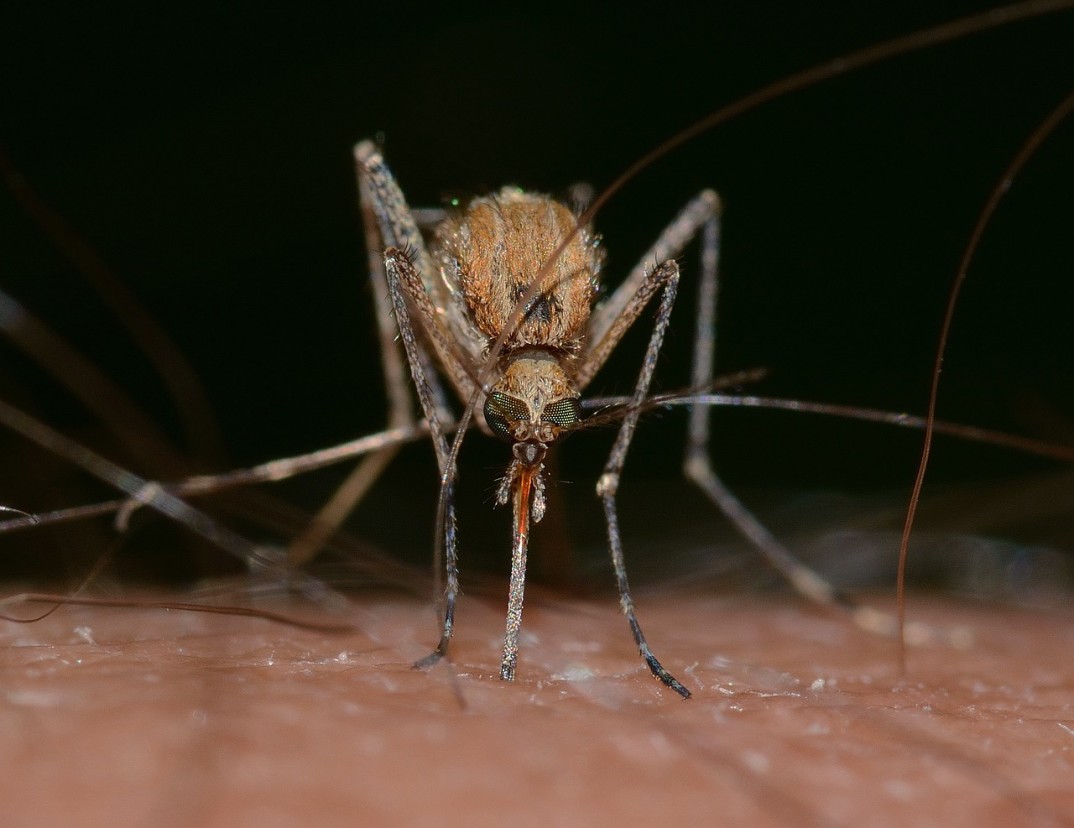Modifying the Mosquito
Never in recent memory have the bounds of human impact on the world felt so wide. At a time when researchers are finding cans of soda at the bottom of the Marianas Trench, and scientists are grappling with the possibility of creating human-animal “chimera” tissues for study, our ability to influence the world around us seems practically unparalleled. And when it comes to dealing with a public health crisis brought on by one of nature’s most annoying pests, it would seem that these limits may soon expand once again.
Such is the case in Florida, where public officials are responding to the first outbreak of the Zika virus caused by direct transmission from mosquitoes. Of the 16 known cases in the United States traced back to mosquitoes, officials believe that many originated from Wynwood Art District, a small neighborhood in downtown Miami. While the number of infections is low compared to larger outbreaks in South America, the presence of Zika-infected mosquitoes has left Miami and Florida officials scrambling to prevent an epidemic. As clouds of insecticide began to descend on Miami, the FDA approved one company’s efforts to strike mosquitoes at the source – their own genetic code.
Oxitec, the company in question, has been experimenting with genetically modified mosquitoes long before the Zika outbreak. NPR reported that, in studies in Central and South America, the company released trial populations of mosquitoes modified to carry a “self-limiting gene,” which caused the offspring of the insects to quickly die. The results indicated declines in mosquito populations by up to 90 percent, far more effective than the 30 to 50 percent typically killed off by insecticides, according to Oxitec’s CEO. The company’s modified mosquitoes, then, have proven a promising option for public health officials looking to stymy a wider outbreak of Zika in Florida.
While the potential benefits of genetically modifying mosquitoes to fight diseases like Zika are numerous, the process is not without its detractors. While the FDA approved testing of the insects, NPR found that hostility to introducing them into the proposed test communities is high. Residents in towns like Key Havens, Florida, have expressed fears that the insects could have unanticipated effects on humans, or that the problem could better be solved through more traditional mosquito management techniques. These fears must be addressed, especially given the fact that Oxitec’s testing cannot proceed unless voters approve of the measure via referendum in November.
The questions around Oxitec’s mosquitoes further complicate the ethical implications of wiping out an entire species through genetic manipulation. Certainly, the Zika outbreak is not the first to have posed questions of whether mosquitoes should be driven to extinction. With mosquito-borne malaria consistently killing more humans than humans themselves (up to 600,000 a year, according to the Gates Foundation), the benefits to wiping out the species certainly exist. Yet, despite their utilitarian benefits, pursuing such goals raise questions of whether humans should harness such power in the first place. Genetically modifying a species of corn to be more resilient is one thing; modifying a species to cause its own extinction is another matter entirely. And while diseases like smallpox have been largely eradicated for the purposes of benefiting public health, editing an organism’s genetic code to do the same could easily be seen by some as playing God. Such questions should give both the scientific community and the public pause.
The debate around genetically modified mosquitoes comes at a particularly sensitive time for GMOs in the United States. In wake of high-profile debates about labeling of genetically modified food, it is yet to be seen how the genetically facilitated extinction of mosquitoes will develop in public discourse. Certainly, the ethical questions posed by species extinction through genetic modification are foreboding, and may represent a boundary on how humans should interact with nature. Yet, if Oxitec’s trials are any indication, modifying the mosquitoes could change some minds about the utilitarian benefits of other genetically modified organisms. Either way, the prospect of modifying a species to assure its own extinction, even if that species happens to be a mosquito, only complicates the ethical dilemmas posed by life in the anthropocene – dilemmas that Florida voters will be forced to confront come November.





